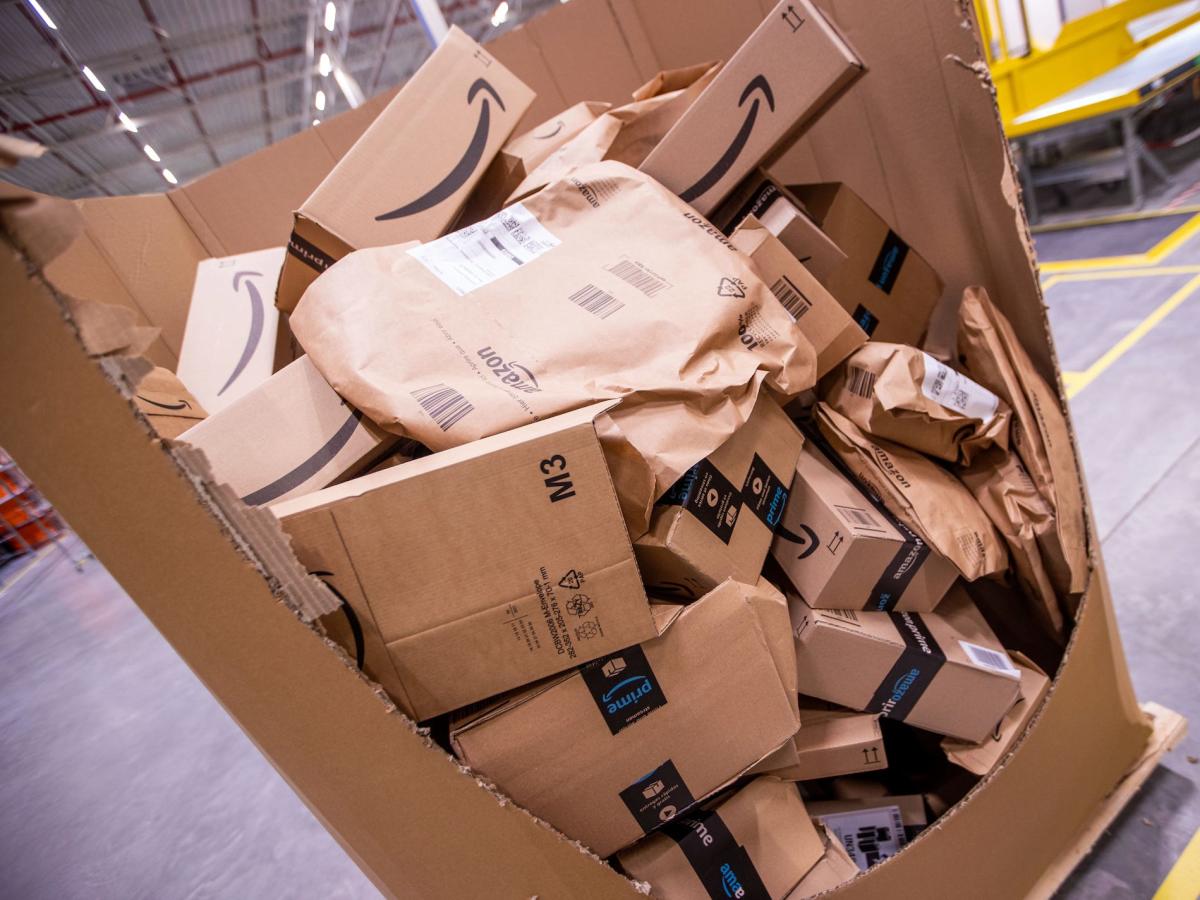


Bank of America (BofA) predicts that America's 'cardboard-box recession' is ending as packaging prices climb. Last year, demand for cardboard packaging dropped to 2009 lows, leading to concerns about a major consumer spending pullback. However, new surveys from BofA reveal a surging growth outlook for the packaging industry in the coming quarters, with a 3% growth expectation. This positive outlook is attributed to both inflation and increased demand expectations. Over the next six to twelve months, 62% of respondents in BofA's survey see demand either 'better' or 'much better.'
Rising cardboard prices could indicate a better economic outlook for 2024, according to an analysis by G. Brian Davis for Yahoo Finance. Consumer spending, which makes up 68% of U.S. GDP, plays a significant role in driving the demand for cardboard boxes. Retailers purchase cardboard boxes in advance based on their anticipated sales, making it a leading indicator of consumer demand. During the pandemic, wholesale cardboard prices experienced a significant increase and then stabilized in August 2023, suggesting potential future demand. However, it is important to note that these indicators only provide insight into the physical goods sector of the U.S. economy and do not account for inflation or other factors. If inflation rises due to increased consumer spending, the Federal Reserve may be prompted to implement rate hikes. Other potential indicators of economic growth include metal production, household waste production, and freight tonnage [e52ac4f0].
Jeffrey Kleintop, managing director and chief global investment strategist for Charles Schwab & Co., discusses various economic and market indicators, the global economy, quantitative tightening, inflation, and the concept of the 'cardboard box recession.' Kleintop emphasizes the importance of monitoring indicators such as GDP growth, employment data, and consumer sentiment to assess the overall economic performance. He also highlights the impact of global factors, such as trade tensions and geopolitical risks, on the economy and market trends. Additionally, Kleintop analyzes the potential consequences of quantitative tightening on interest rates, asset prices, and market stability. He provides insights into the factors contributing to inflationary pressures and the implications of inflation on the economy and financial markets. Kleintop introduces the concept of the 'cardboard box recession,' which refers to a situation where demand for goods and services remains strong, but supply chain disruptions and labor shortages lead to a slowdown in production and economic growth. The 'cardboard box recession' aligns with the recently introduced 'cardboard-box index,' which tracks corrugated fiberboard demand to forecast U.S. economic trends. However, the index faces challenges in the digital age due to the growing prominence of the service sector and the difficulty in tracking digital service transactions. Integrating the cardboard-box index with broader metrics like PCE data could offer a more comprehensive understanding of economic health [08da8b9d].
Overall, the rising cardboard prices and the concept of the 'cardboard box recession' provide valuable insights into the potential economic implications. These indicators, along with other factors like metal production, household waste production, and freight tonnage, contribute to a more comprehensive understanding of the economic outlook for 2024.